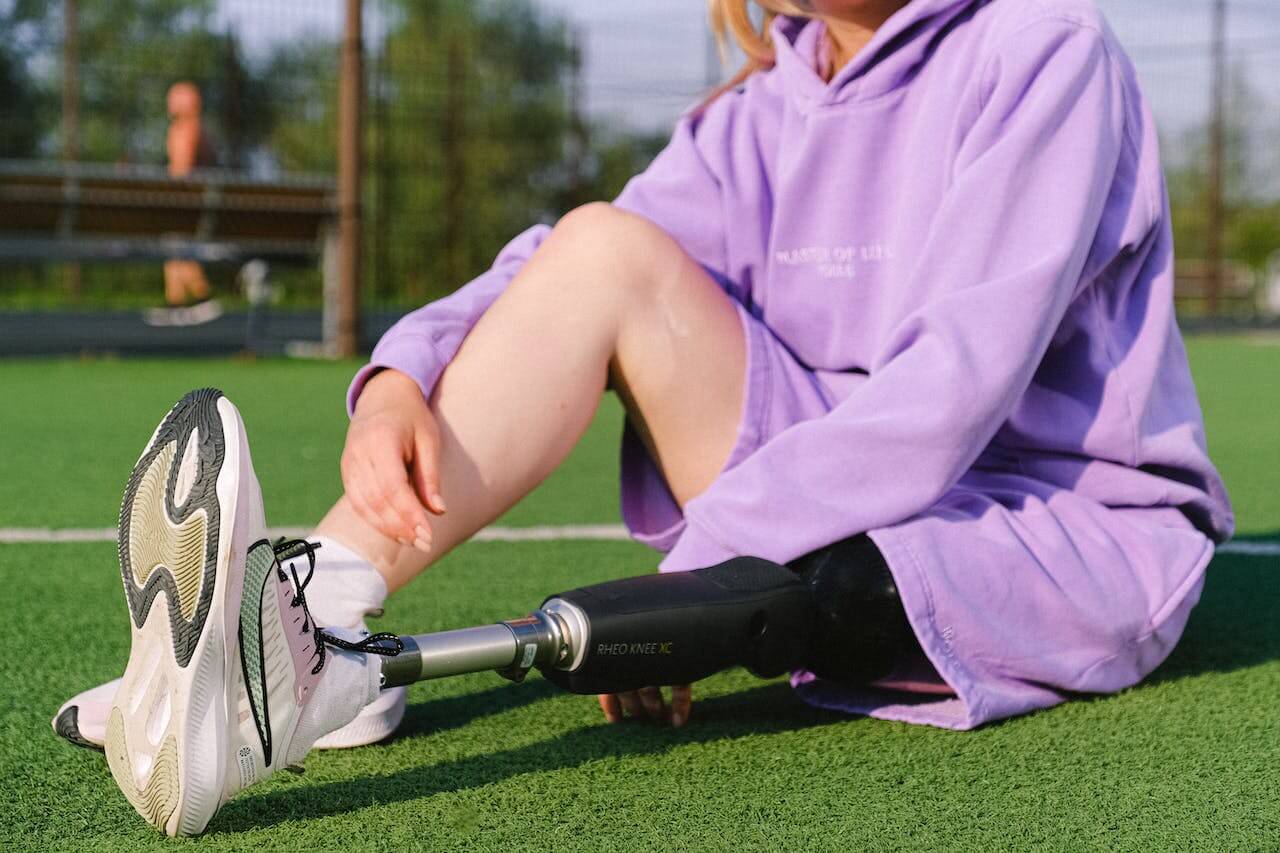Embarking on a journey, whether for business or pleasure, can be an exciting adventure filled with anticipation. For individuals with a prosthesis, the prospect of navigating the intricacies of travel might seem daunting at first. Fear not; with a bit of preparation and the right mindset, your travel experience can be as seamless as anyone else’s. In this guide, we’ll explore some practical tips to ensure your journey is not only hassle-free but also enjoyable.
1. Plan for Accessibility:
The key to a successful trip begins with careful planning. When booking accommodations, make sure to inquire about accessibility features. Many hotels now offer rooms specifically designed to cater to individuals with mobility challenges, ensuring features like ramps, wider doorways, and roll-in showers.
2. Communicate with Airports and Airlines:
Air travel often involves multiple security checkpoints, but this shouldn’t be a cause for concern. Contact your airline in advance to inform them of your situation and any special requirements you might have. This proactive approach can help streamline the security process and minimize potential inconveniences.
3. Pack Wisely:
When packing for your trip, consider the needs of your prosthesis. Ensure you have all the necessary supplies, such as cleaning materials and spare parts. Pack these items in your carry-on bag to avoid any potential issues in case your checked luggage is delayed or lost.
4. Wear Comfortable Clothing:
Long flights or extended periods of travel can be physically demanding, especially for those with prosthetics. Opt for loose, comfortable clothing to avoid unnecessary discomfort. Compression socks can also be beneficial to improve circulation during longer journeys.
5. Familiarize Yourself with Local Healthcare Facilities:
While it’s unlikely that you’ll encounter any issues, it’s always wise to be prepared. Research healthcare facilities at your travel destination, and make note of their proximity to your accommodations. This information can be invaluable in case of any unexpected situations.
6. Invest in a Quality Travel Prosthesis Bag:
Having a dedicated bag for your prosthesis not only keeps everything organized but also makes security checks more efficient. Choose a bag that is both functional and discreet, providing easy access without drawing unnecessary attention.
7. Stay Informed about Security Procedures:
Airport security can be a bit nerve-wracking, but understanding the procedures can help ease your concerns. Educate yourself on the security protocols for prosthetic devices to anticipate what might be required during screening.
8. Take Breaks During Your Journey:
Whether you’re driving or flying, it’s crucial to give yourself time to stretch and move around. This is especially important for individuals with prosthetics to prevent stiffness and discomfort. Plan breaks in your itinerary to allow for some physical activity.
9. Connect with Other Travelers:
Join online forums or social media groups where individuals with prosthetics share their travel experiences. Learning from the firsthand experiences of others can provide valuable insights and additional tips that might not be readily apparent.
10. Embrace a Positive Mindset:
Lastly, perhaps the most crucial tip is to maintain a positive mindset. Challenges may arise, but with the right attitude, you can overcome them. Remember that millions of people with prosthetics travel successfully every day, and you are more than capable of doing the same.
In conclusion, traveling with a prosthesis doesn’t need to be a source of anxiety. By taking a proactive approach, staying informed, and embracing a positive mindset, you can ensure a seamless and enjoyable travel experience. So, pack your bags, embark on your adventure, and savor every moment of the incredible journey that awaits. Safe travels!



